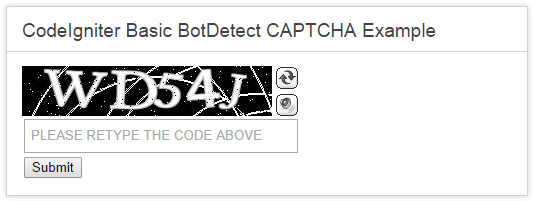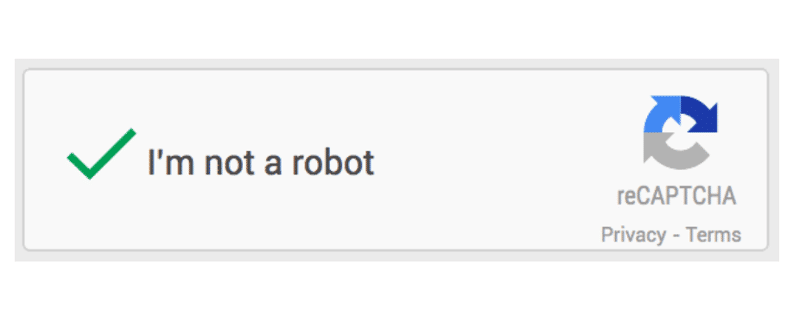According to Wikipedia, Captcha is a “computer program or system intended to distinguish human from machine input, typically as a way of thwarting spam and automated extraction of data from websites.” If that confused you, here’s everything you need to know about the 21st-century human verification system.
ALSO READ: Google Chrome To Mark all HTTP Sites As ‘Not Secure’ From July
Captcha: The Origin
CAPTCHA is an acronym to “Completely Automated Public Turing test to tell Computers and Humans Apart.” It was initially originated to reduce the amount of spam, fake accounts, comments and bots that were flooding the internet.

Using this, a website can easily verify that the person interacting with their website is a human being. It blocks any computer program that tries to spam a website.
ALSO READ: IBM Introduced World’s Smallest Computer; Everything You Need To Know!
Captcha: Types And Importance
The most basic Captcha that has definitely irritated you is a Text-Based Captcha. It has a combination of letters and numbers with a weird line covering them. It’s a bit difficult to differentiate but is easy to complete in 99% of cases.

Next up we have image selection based captcha, here we have to differentiate between different sets of images and select a particular category. A more recent update to this category has been, generation of new images once you complete the old set. It takes security to the next level, just because of its complexity. It is next to impossible to select pictures showing a road or a car.

Finally, a fairly simple is the mathematical one. For most parts, it contains a small addition or subtraction problem. This Captcha is more prone to spam, as computer programs can very easily decrypt it. Hence, its the least used one.
ALSO READ: Next Gen GPU Architecture, Nvidia Volta: Explained!
As a result, as more difficult Captcha will be designed, spammers and hackers will work more hard to decrypt them. What do you think about this nifty little feature? Did we miss anything? Do share your thoughts in the comments section below.
BONUS VIDEO
For the latest tech news, follow TechDipper on Twitter, Facebook, Google+, Instagram and subscribe to our YouTube channel.




![Wifi 6 - Wi-Fi 6 And Wi-Fi 6E: Everything You Need To Know [Explained] Wi-Fi 6](https://techdipper.com/wp-content/uploads/2020/05/Wifi-6-400x200.jpg)